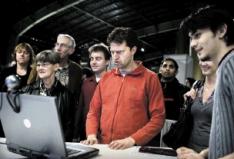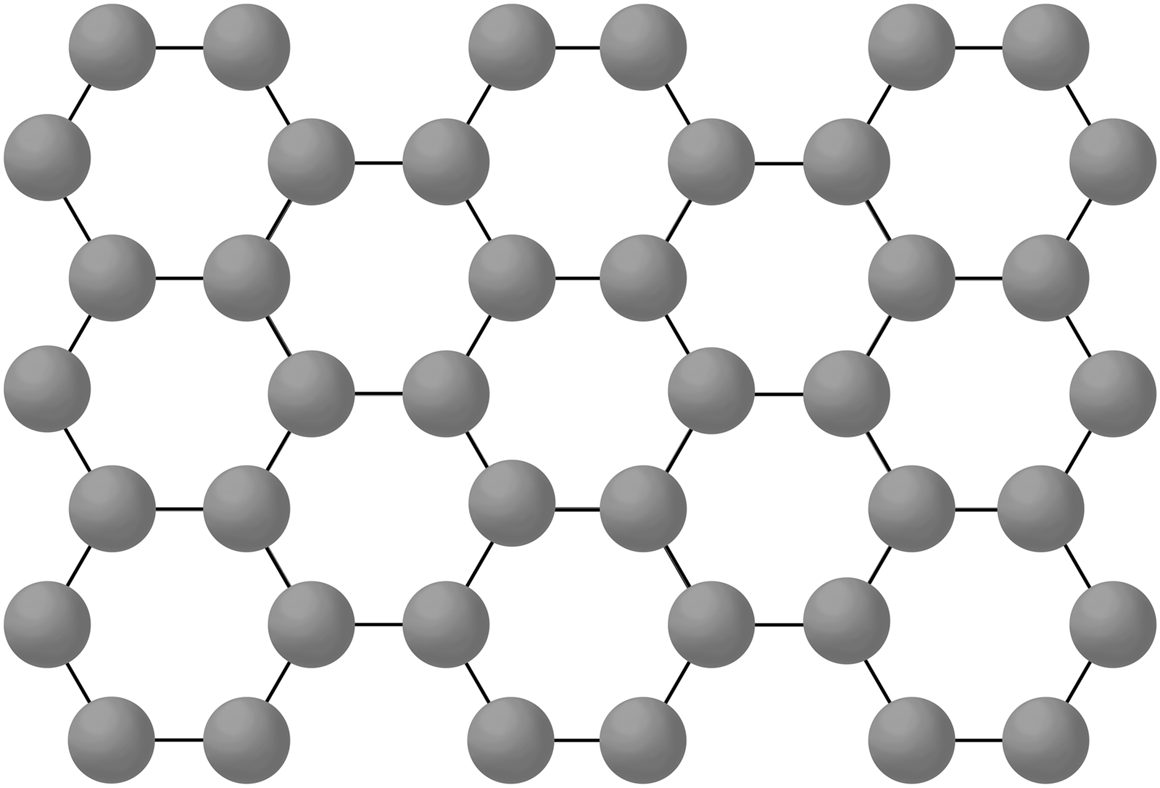When science will have answered all questions on man, will we then know the secret of man? NEXUS Institute organized at the end of 2013 a conference on the state of answers of science on questions about man, and the gap between truth claims of hard science on the one hand and the 'lived' truth of the humanities on the other. In the brochure writes NEXUS:
'Science triumphs because the amount of things we know and are able to do thanks to science and technology is incredible. At an extremely high speed, the secrets of man, nature and the universe are unraveled, illnesses are cured and lives prolonged, and the possibilities of human existence infinitely enlarged. Science and technology have developed into an all-encompassing force which in the twentieth century has transformed our social, political, economic, aesthetic and intellectual landscape. Knowledge, truth, values, morals, and our thoughts and
actions are determined entirely or to a great extent by the scientific paradigm.
In this way, we have also placed the future of humanity in the hands of science and technology, whether we are dealing with climate change, epidemic control, food distribution, social issues, economic growth, the existence of the perfect man or the quest for eternal youth.
Philosophy is the art of asking questions, particularly those questions which address the things we find self-evident. Socrates would undoubtedly question the belief in and satisfaction with the triumph of science. In Phaedo, Socrates explains how he was fascinated by science as a young man, but how he lost interest once he became convinced that science could never answer the one question he really wanted answered: WHAT IS GOOD? Twenty-five centuries later, a young, brilliant physicist, Robert M. Pirsig, narrates in the autobiographical Zen and the Art of Motorcycle Maintenance. An Inquiry into Values (1974) how he came to realize, by asking the very question Socrates asked, that reason itself is the cause of social discomfort:
The cause of our current social crises is a genetic defect within the nature of reason itself. And until this genetic defect is cleared, the crises will continue. Our current modes of rationality are not moving society forward into a better world. They are taking it further and further from that better world. Since the Renaissance these modes have worked. As long as the need for food, clothing and shelter is dominant they will continue to work. But now that for huge masses of people these needs no longer overwhelm everything else, the whole structure of reason, handed down to us from ancient times, is no longer adequate. It begins to be seen for what it really is — emotionally hollow, esthetically meaningless and spiritually empty. That, today, is where it is at, and will continue to be at for a long time to come. According to Pirsig, precisely because scientific thought triumphs, we have lost a particular sense: the sense of quality, the quality of existence'. |






